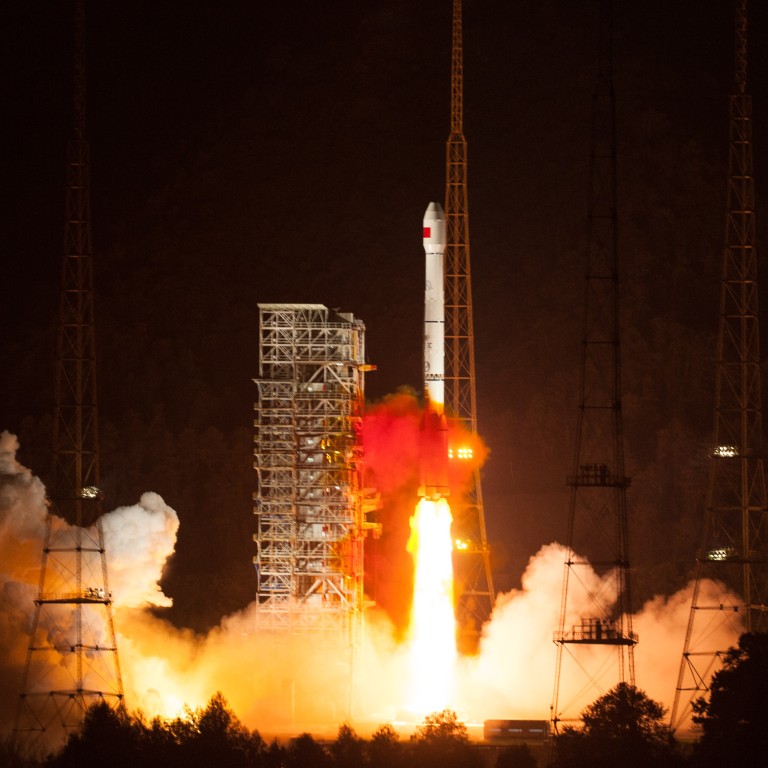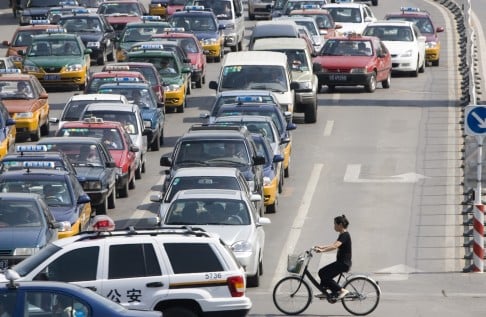
Busted by Beidou: Satellite tracking pins down Hunan officials misusing government cars
Party discipline officials in Yueyang using vehicle monitoring service to keep tabs on civil servants' private use of government cars
Graft busters in Yueyang, Hunan province are using China’s home-grown satellite navigation system Beidou to monitor private usage of government cars - a once-common practice among civil servants that’s now a target of an anti-extravagance campaign.
Months after the system was introduced, party discipline officials in the city say they have "nearly rooted out" the abusive usage of government vehicles, thanks to Beidou.
“We have basically killed this practice,” Chen Shaodong, a spokesman at the city’s party discipline office, told the South China Morning Post today.
By installing the Beidou tracking system in the city’s 4,100 government-owned vehicles, graft busters can monitor the whereabouts and route of each car, a task that once extremely difficult, if not impossible.

A sticker showing that the car is government-owned is applied to the front of all vehicles, Chen said. This is done to encourage citizens to report to discipline officials if they believe the car is being used for private purposes.
Since the system was introduced, the average mileage recorded on the government car fleet had dropped by 30 per cent.
“This will save the government at least 80 million yuan ( HK$100 million) in petrol and maintenance,” Chen said.
This greatly exceeded Beidou's annual monitoring service fee of 920 yuan per vehicle, he added.
Yueyang's success is attracting interest from neighbouring provinces including Jiangxi, who have sent officials to see for themselves.
The Beidou satellite navigation system covers most countries in the Asia-Pacific region. It is expected to provide a global service by 2020, using more than 30 satellites, the Post has reported.
